More than a year and a half after he dismissed the government and froze the activities of the parliament - the president of Tunisia, Case Said, is closer than ever to completing his counter-revolution: turning back the wheel of democratization.
In the wave of protests of the Arab Spring, Tunisia was the only country that managed to establish a democratic model with three separate authorities: executive, legislative and judicial.
But the model collapsed like a house of cards, leaving President Said as the sole ruler to govern them all.
In 2019, Said was elected in democratic elections for a five-year term.
At the same time, he was considered an independent candidate of compromise, one that conservatives and liberals alike could choose him with peace of mind.
One ruler will dismiss them all
On paper there was nothing to fear.
Saeed, the former dean of the Faculty of Law and a legal expert at the Human Rights Institute, was an Enlightenment dream come true.
But then things started to get complicated.
The Prime Minister was suspected in a corruption case and resigned;
The corona epidemic made names in the public;
And in the shadow of protest, Said pondered more and more about achieving absolute power.
One clear evening, in the summer of 2021, the government was dismissed and the parliament's activities were suspended.
Case Said.
Very extensive powers, photo: AFP
The protests did not help.
Within a few months, the temporary became permanent and the parliament was also dissolved.
In June 2022, dozens of judges were already dismissed by order of Said in order to "purify the judicial system", as he said.
That summer, a draconian constitution was passed in a referendum, which expanded Said's powers.
From that moment he no longer needed the parliament to appoint and dismiss prime ministers, ministers and judges.
He could do all these on his own.
One ruler to sack them all.
A tiny percentage of citizens voted in favor of the constitution, but the format of the elections nevertheless changed, so as to weaken the power of the parties that boycotted the polling stations.
liberal shell
The new system forced independent running and actually harmed women's ability to run for parliament.
Without party support, it is difficult for a woman in a traditional society to run in elections.
It so happened that Said's decision to appoint Najala Boden Ramadan as the first female prime minister in the Arab world became a mockery of Resh.
Like Said's resume, it was a liberal shell with nothing behind it.
The first round of parliamentary elections in December 2022 testified to the intensity of the crisis.
Only 11.2% of those entitled to vote went to the polls, and in many districts none of the candidates was elected.
The President of Tunisia, Case Said, together with the Prime Minister, the Prime Minister of Tunisia, Najla Boden Romdan, Photo: Reuters
Only 23 candidates, including three women, secured their place in the 161-seat parliament.
Observers estimated that the results cracked Said's invincible image, perhaps because such a low voter turnout had not been recorded since 2011. However, political commentators in the country noted that Said achieved what he wanted when it came to the identity of the candidates: most of them are unknown to the public and have little political experience.
As expected, the National Salvation Front, which was composed of the parties of the scattered parliament, called on the president to resign.
But voices from within Said's camp also began to doubt his leadership.
Thus, Abd Razak al-Khalul, head of a movement that supported the president, called for the presidential elections to be brought forward.
Long live the old king
Local commentators estimated that the erosion of public support for Said, which was reflected in the elections, stems from the difficult economic and social circumstances that have been deteriorating in recent months.
Said, for his part, was not impressed by the criticism from home and abroad.
He reacted with typical disdain and commented that the few who did participate in the elections in December are "better than the 99% who participated in fake elections in the past."
On January 29, the second round of parliamentary elections will take place.
Time will tell if this will be the last nail in the coffin of the short-lived Tunisian democracy, or the opening signal for another revolution.
A low voter turnout may encourage the Salvation Front and the labor unions to take to the streets with renewed strength.
On the other hand, an influx of Said's supporters will help him finally take control of the three authorities - thus establishing a new-old semi-monarchical regime in Tunisia.
were we wrong
We will fix it!
If you found an error in the article, we would appreciate it if you shared it with us

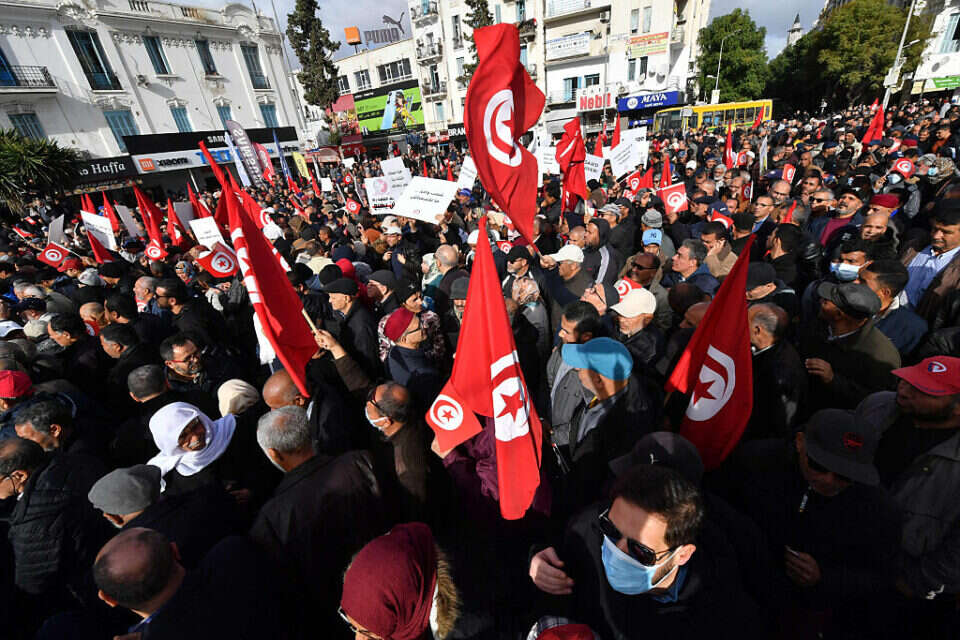
/cloudfront-eu-central-1.images.arcpublishing.com/prisa/RYPA5FRAZ3W4EBDJLA3A5T2ZBI.jpg)
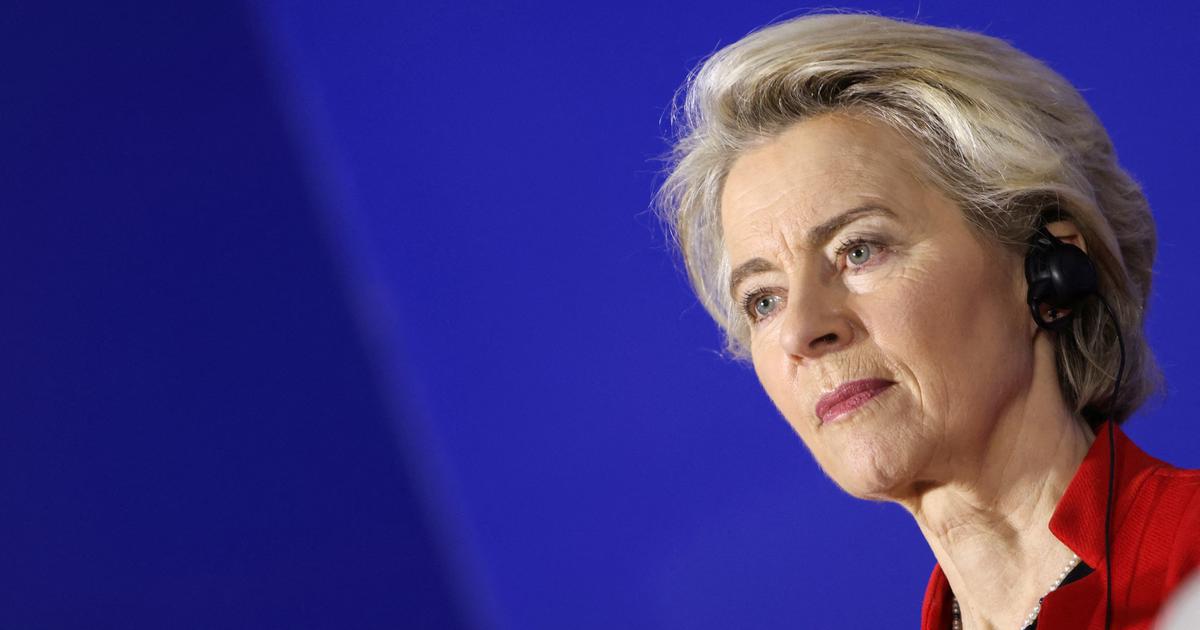
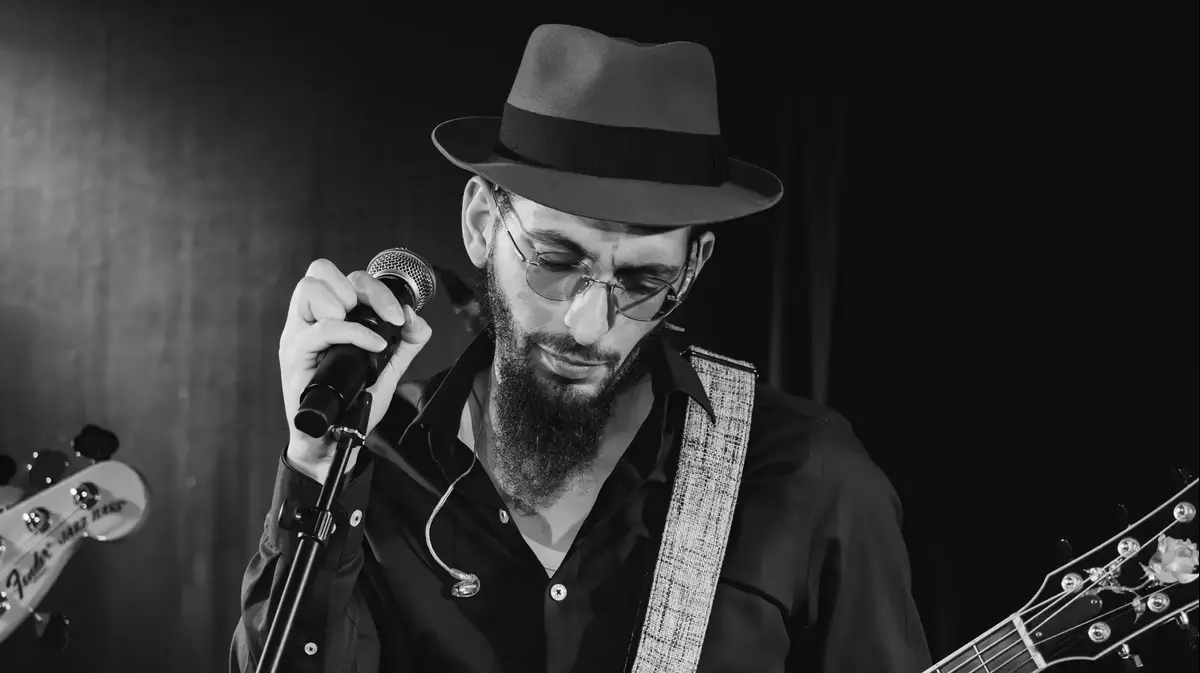

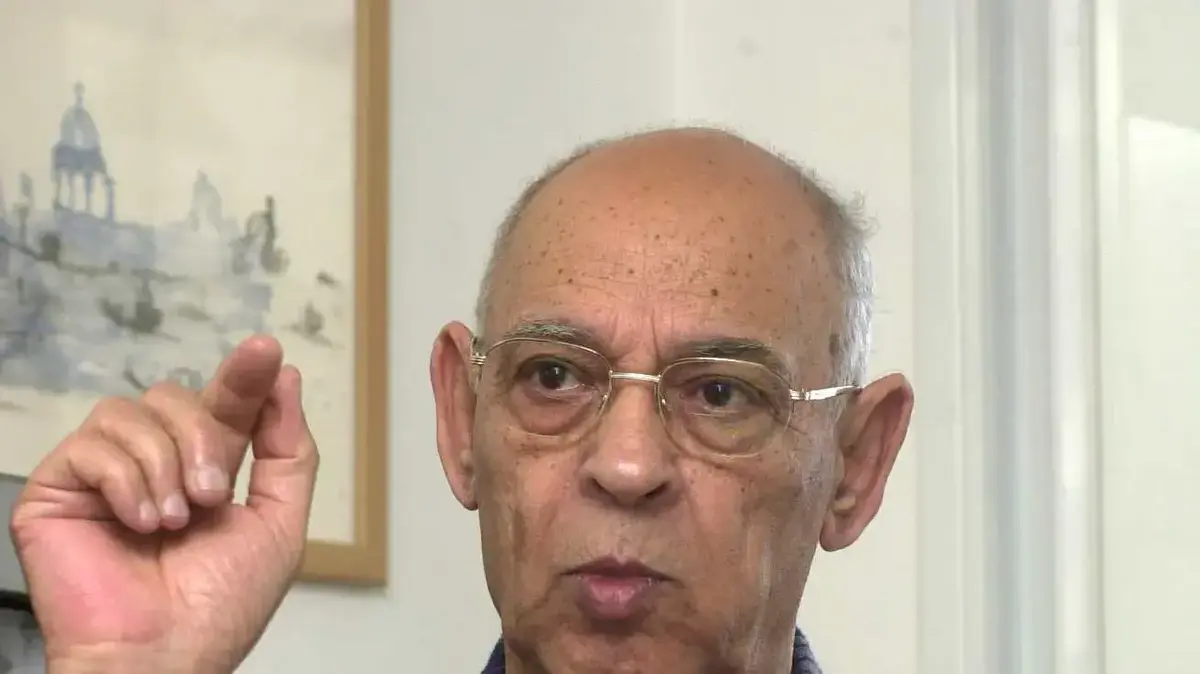
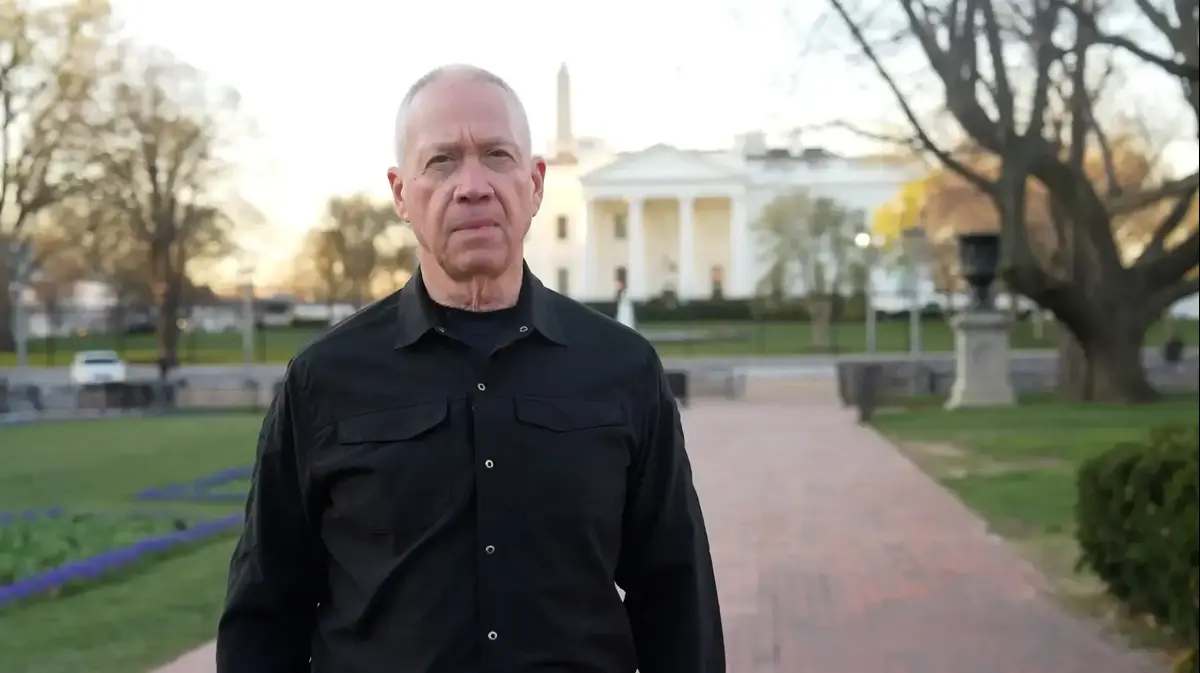

/cloudfront-eu-central-1.images.arcpublishing.com/prisa/GZBJJXO3EZE2HLSP5ZRRKYYYOY.JPG)